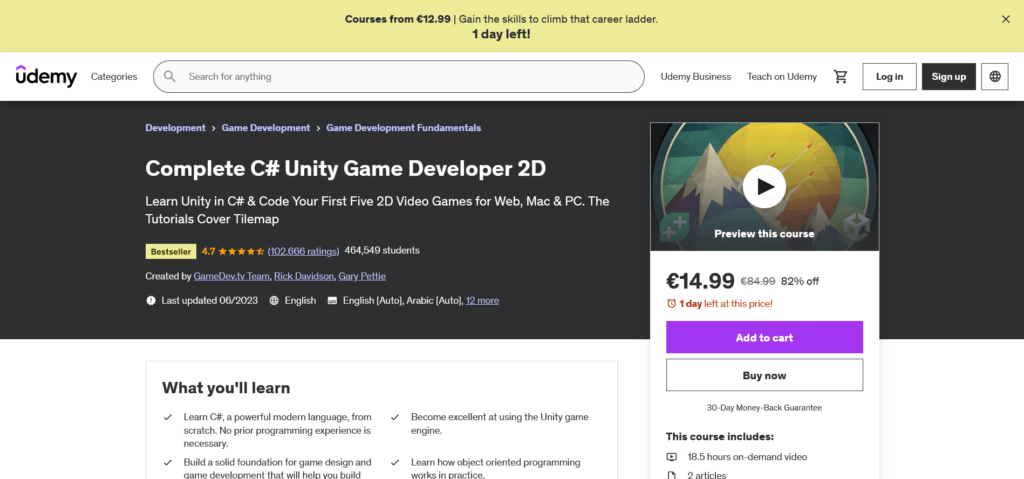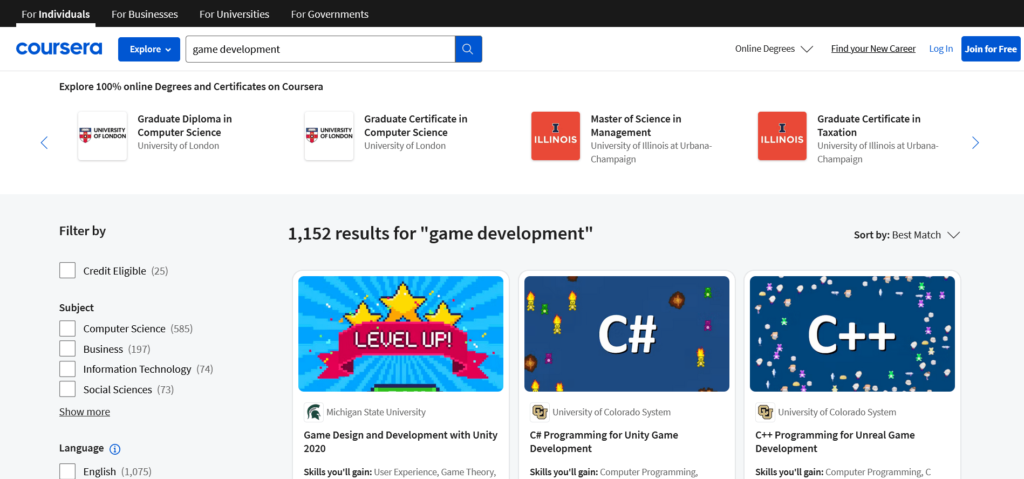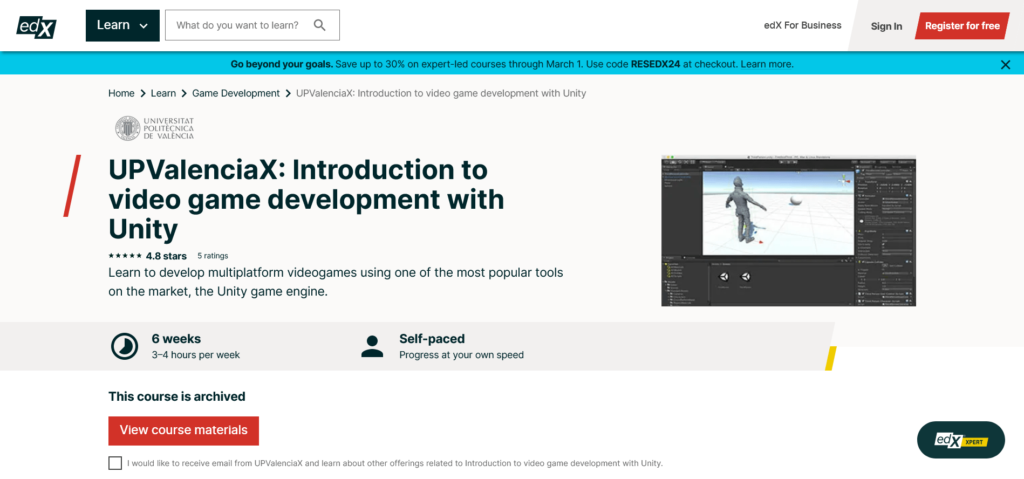Introduction
Welcome to the ultimate guide on how to fund a video game startup. If you’ve ever dream of bringing your gaming vision to life, you know that securing the necessary funds is a critical first step. In this comprehensive article, we’ll navigate the intricate landscape of financing your video game startup, providing you with invaluable insights and strategies. Discover the diverse avenues available to aspiring game developers and learn how to leverage each one effectively. Whether you’re a seasoned developer or a newcomer to the industry, mastering the art of funding is essential for turning your gaming aspirations into a thriving reality. Join us as we delve into the world of how to fund a video game startup, unlocking the doors to financial success and creative freedom in the dynamic realm of game development.
Crafting a Convincing Business Plan
Before diving into funding options, it’s crucial to have a compelling business plan. Your plan should articulate your game’s unique selling points, target audience, and revenue model. A stellar example of this is Supercell, the developer of Clash of Clans. Their well-crafted business plan helped secure funding, leading to the creation of a highly successful mobile game.
Bootstrapping
Some of the most successful game developers started with minimal external funding. Mojang, the creators of Minecraft, initially bootstrapped their way to success. Markus Persson (Notch), the founder, invested personal savings into the project and relied on early access sales to fund development. This lean approach allowed Mojang to retain control and achieve immense success.
Crowdfunding Triumphs
Crowdfunding platforms, such as Kickstarter, have become game-changers for indie game developers. A standout example is the Kickstarter campaign for “Shovel Knight” by Yacht Club Games. The developers set a modest funding goal and exceeded it significantly, showcasing the power of a well-executed crowdfunding campaign.
Angel Investors and Venture Capital
Securing investment from angel investors or venture capitalists can provide the substantial capital needed for game development. Oculus VR, the company behind the Oculus Rift, successfully attracted funding from venture capitalists, eventually leading to its acquisition by Facebook for $2 billion. This demonstrates how strategic investment can propel a startup to new heights.
Government Grants and Subsidies
Government support can be a valuable resource for video game startups. An excellent example is the Canadian Media Fund, which provides financial support to interactive digital media projects. Games like “Stardew Valley” and “Hollow Knight” have benefited from such grants, showcasing the positive impact of government support on the gaming industry.
Strategic Partnerships
Forming partnerships can bring not only financial support but also expertise and resources. One notable example is the collaboration between Epic Games and Tencent. Tencent’s investment in Epic Games not only provided financial backing but also opened doors to the Chinese gaming market, contributing to the success of Fortnite.
Incubators and Accelerators
Participating in incubator programs can be instrumental for startups. An illustrative example is Rovio, the developer of Angry Birds. Rovio started as a small studio but gained momentum through an incubator program, eventually securing funding and transforming into a global gaming phenomenon.
Industry Association Grants
Gaming industry associations often offer grants to foster innovation. An example is the Indie Fund, an initiative by successful indie developers to support fellow indie creators. Games like “Dear Esther” and “Gris” received funding from the Indie Fund, emphasizing the importance of industry peers supporting each other.

Best Online Education Platforms to Learn How To Fund a Video Game Startup
In the dynamic landscape of the video game industry, staying ahead of the curve requires continuous learning. Fortunately, online education courses have emerged as powerful tools for acquiring knowledge about the intricate workings of the video game business. We’ll explore the top online education platforms that offer comprehensive courses tailored to aspiring game developers and business enthusiasts.
Udemy

Udemy stands out as a versatile platform with a plethora of courses covering various aspects of the video game business. From game development and marketing to entrepreneurship in the gaming industry, Udemy provides affordable and accessible courses taught by industry experts.
Coursera

Coursera offers specialized courses and even full specializations focusing specifically on the business side of the gaming industry. Partnering with top universities and industry leaders, Coursera provides a structured learning path, covering topics like game monetization, marketing strategies, and business development.
LinkedIn Learning

LinkedIn Learning leverages its extensive network to provide courses that focus on real-world applications. With a wide range of video game business-related courses, learners can access insights from industry professionals, gaining practical knowledge applicable to the competitive gaming market.
Skillshare

Skillshare is an ideal platform for those interested in the indie gaming scene. With courses on entrepreneurship, marketing, and funding strategies tailored for indie developers, Skillshare fosters a creative and collaborative learning environment.
Pluralsight
Targeted towards game developers looking to enhance their business acumen, Pluralsight offers courses that bridge the gap between coding and commerce. Courses cover topics such as game analytics, market research, and understanding player behavior.
FutureLearn
FutureLearn collaborates with top universities and industry leaders to deliver courses that delve into the strategic and business aspects of the gaming industry. From business models to emerging trends, FutureLearn offers a comprehensive understanding of the gaming business landscape.
edX

edX provides courses from prestigious universities, offering learners a chance to explore the gaming industry through an academic lens. With courses on game business models, virtual economies, and entrepreneurship, edX is an excellent choice for those seeking a more formalized education.
Top 10 Questions and Answers About How To Fund a Video Game Startup
1. How to fund a video game startup?
Funding a video game startup involves a multi-faceted approach. Consider options such as crowdfunding, angel investors, venture capital, government grants, and strategic partnerships. A diversified strategy, as seen in the success stories of renowned developers, offers stability and flexibility.
2. What are the essential components of a successful video game startup business plan?
Craft a compelling business plan showcasing your game’s unique features, target audience, revenue model, and marketing strategy. Learn from industry leaders like Supercell, who strategically presented their Clash of Clans vision to secure funding.
3. Is it possible to fund a video game startup without external investors?
Yes, bootstrapping is a viable option. Mojang’s Minecraft success story is a testament to the possibilities of self-funding, where personal savings and early access sales fueled the development, allowing the company to retain control and achieve massive success.
4. How to create a successful crowdfunding campaign for a video game startup?
To create a successful crowdfunding campaign, focus on engaging visuals, transparent use of funds, and compelling rewards. Yacht Club Games’ Kickstarter campaign for “Shovel Knight” serves as an excellent example, surpassing its funding goal and illustrating the power of a well-executed campaign.
5. What role do angel investors and venture capitalists play in funding video game startups?
Angel investors and venture capitalists provide capital in exchange for equity. Oculus VR’s journey, from securing venture capital to its eventual acquisition by Facebook for $2 billion, showcases the transformative impact of strategic investment.
6. Are there government grants and subsidies available for video game startups?
Yes, many governments offer grants to support innovative projects in the gaming industry. Look to successful games like “Stardew Valley” and “Hollow Knight,” which benefited from programs like the Canadian Media Fund, emphasizing the impact of government support.
7. How can strategic partnerships contribute to funding a video game startup?
Forming partnerships can provide not only financial support but also expertise and resources. The collaboration between Epic Games and Tencent, leading to the success of Fortnite, exemplifies how strategic partnerships can open doors to new markets and opportunities.
8. Are there incubators and accelerators for video game startups?
Yes, joining gaming-focused incubator programs offers not only funding but also mentorship and networking opportunities. Rovio, the developer of Angry Birds, started small but gained momentum through an incubator program, showcasing the impact of such initiatives.
9. What grants are available from industry associations for video game startups?
Industry associations often offer grants to foster innovation. The Indie Fund, supported by successful indie developers, has funded games like “Dear Esther” and “Gris,” emphasizing the importance of industry peers supporting each other.
10. How do I attract investors and secure funding for my video game startup?
To attract investors, refine your pitch, showcase a compelling prototype, and highlight your team’s expertise. Learn from successful developers who navigated this path, such as those who secured investment from industry-specific funds like the Indie Fund.
Conclusion
In conclusion, mastering the art of how to fund a video game startup is a pivotal step in your journey toward building a successful gaming venture. By leveraging the diverse funding strategies explored in this guide, you can unlock the financial resources needed to bring your gaming vision to life. Whether you opt for traditional methods like crowdfunding and angel investors or explore innovative avenues such as government grants and accelerators, the key lies in understanding your options and strategically planning your approach. Remember, funding a video game startup is not just about securing capital—it’s about nurturing your creativity, fostering innovation, and realizing your dreams in the vibrant landscape of game development. So, embrace the insights shared in this article, harness the power of how to fund a video game startup, and embark on your exciting journey toward entrepreneurial success in the gaming industry.














